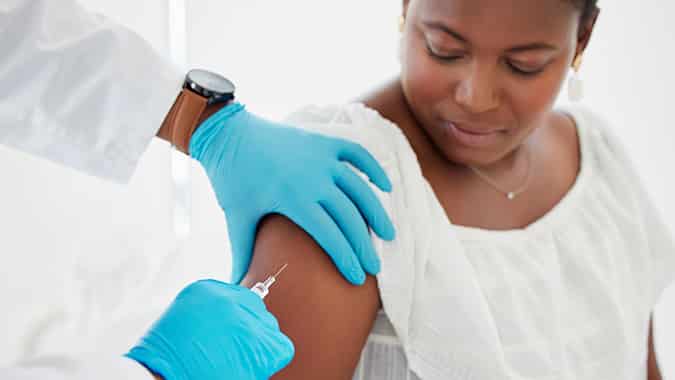The U.S. Senate yesterday gave much-anticipated approval to legislation that would make the terms of the Paycheck Protection Program more flexible for small businesses that have been awarded loans. The Senate passed a House-approved version of the bill, so all that is needed now is approval by President Donald Trump.
The Senate approved H.R. 7010 by voice vote. The bill extends the expense forgiveness period from eight weeks to 24 weeks, reduces the requirement that 75% of the loan be used for payroll costs to 60%, eliminates the 2-year repayment restrictions for future borrowers, allows payroll tax deferment for PPP recipients, and extends the June 30 rehiring deadline.
The program has been criticized by a number of small business advocates, including NJBIA, for being too restrictive given the circumstances. The June 30 deadline for rehiring workers, for instance, is simply not feasible since the pandemic and lock downs are lasting much longer than was anticipated in March, when the program was created.
Overall, $659 billion has been appropriated for low-interest loans to small businesses to weather the pandemic. The second round of funding has not yet been used. Parts or all of the loan can be forgiven if it’s used primarily for payroll and the business maintains its hiring level, but those requirements were proving difficult to meet as the pandemic has dragged on.
As NJBIA wrote to Congress back in May, “Many employees will not be able to come back to work within the eight-week timeframe required by the law…. The PPP program needs to recognize the reality on the ground. To the extent that the original intent of the PPP was to keep these employees on the payroll and off unemployment, it has largely failed for those businesses that were forced to close.”



